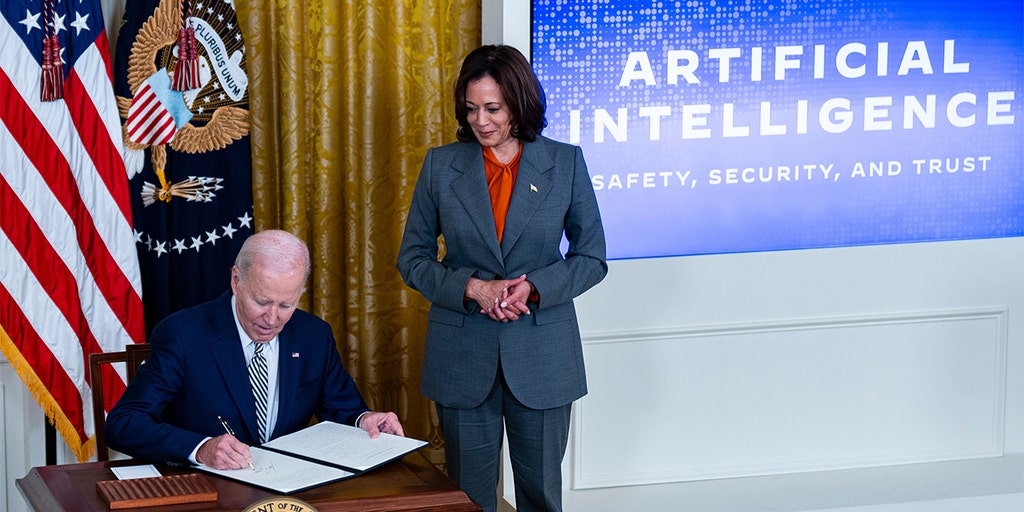The United States and the United Kingdom, along with over a dozen other nations, have introduced a new agreement on artificial intelligence (AI) with the goal of preventing malicious actors from exploiting this technology. However, some experts are not convinced of the pact’s efficacy.
According to Phil Siegel, the founder of the Center for Advanced Preparedness and Threat Response Simulation, the agreement lacks substantial value and is more symbolic in nature. He emphasized the importance of implementing specific procedures and regulations to effectively monitor AI systems for potential misuse.
The recently unveiled 20-page document, signed by 18 countries, recognizes the necessity of safeguarding the public against AI technology abuses. Despite being non-binding, the agreement is intended to provide guidance on monitoring AI systems for misuse rather than imposing strict regulations.
Christopher Alexander, the chief analytics officer of Pioneer Development Group, dismissed the agreement as merely a superficial gesture. He stressed the need for enforceable rules and industry guidelines to deter misuse of AI effectively.
The Biden administration’s efforts to regulate AI, including the recent executive order, have been met with skepticism from experts who doubt its effectiveness. The international agreement, signed by countries such as Germany, Italy, and Australia, is seen as a crucial step towards ensuring AI safety globally.
However, critics like Ziven Havens, the Bull Moose Project Policy Director, and Samuel Mangold-Lenett, a staff editor at The Federalist, argue that the agreement lacks seriousness and enforcement mechanisms. They call for more substantial legislative actions and regulatory measures to address AI security concerns effectively.
In conclusion, while the multi-nation agreement on AI safety signifies progress in addressing potential risks associated with AI technology, experts emphasize the need for concrete regulations and enforcement mechanisms to ensure its effectiveness.






